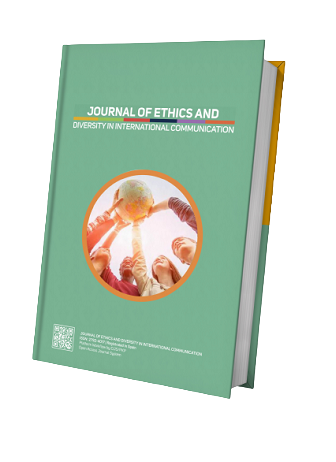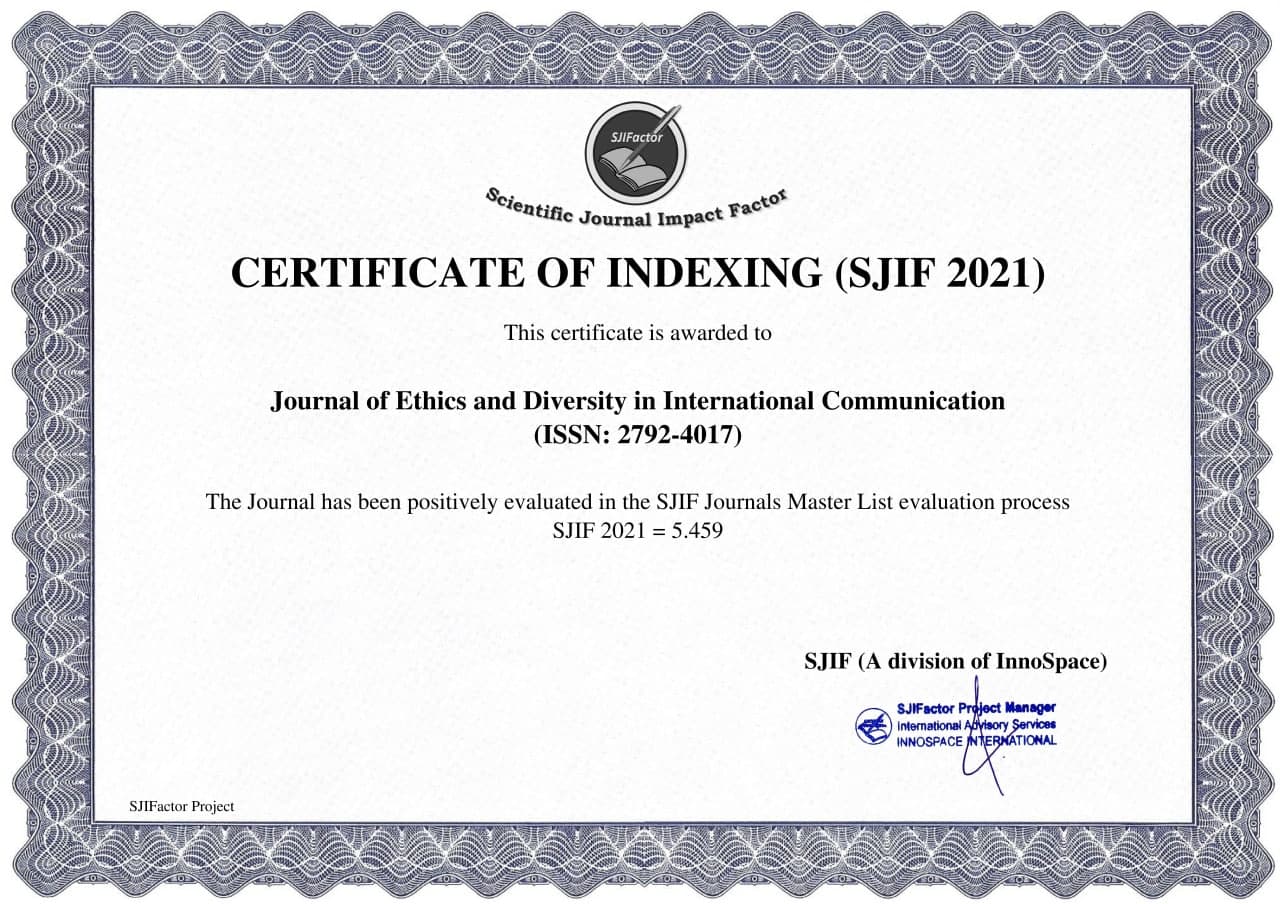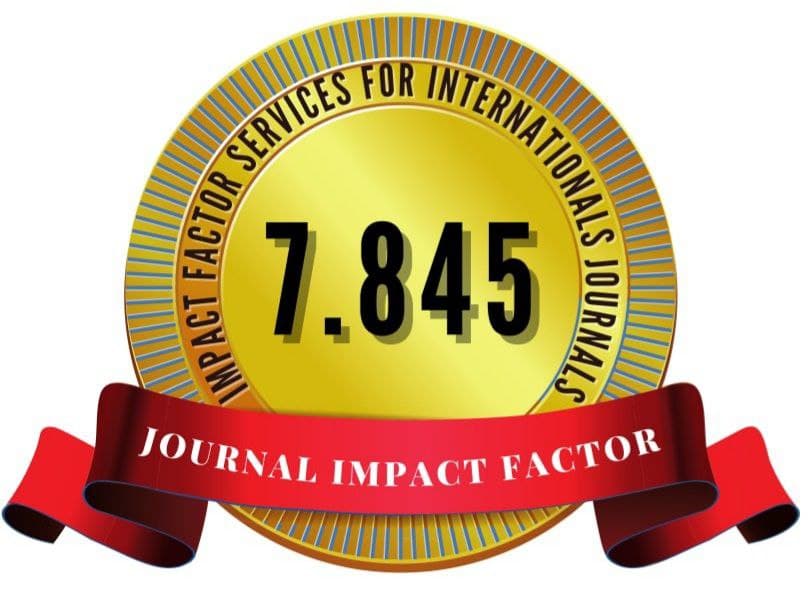The Role of Linguo-didactic and Psycholinguistic Processes in the Development of Oral Speech in English
Keywords:
oral speech, linguodidactic, psycholinguistic, speech activity, linguistic componentAbstract
This research article delves into the intricate relationship and significance of linguodidactic and psycholinguistic processes in fostering the development of oral proficiency in English. Recognizing the pivotal role of oral communication skills in foreign language acquisition, the study explores various methodologies aimed at enhancing students' English oral speech abilities. Drawing on insights from both linguodidactic and psycholinguistic perspectives, the article provides a comprehensive analysis of effective techniques for facilitating language learning and communication. By elucidating the dynamic interplay between instructional strategies and psychological factors influencing language acquisition, this research contributes to a deeper understanding of the mechanisms underlying English oral speech development. Moreover, the article offers practical implications for educators and language instructors seeking to optimize language learning outcomes through targeted pedagogical approaches.
References
kun.uz, “Uzbekistan to establish Agency for Promoting Foreign Language Learning,” kun.uz. Accessed: Feb. 06, 2024. [Online]. Available: https://kun.uz/en/news/2021/05/20/uzbekistan-to-establish-agency-for-promoting-foreign-language-learning
President of the Republic of Uzbekistan, Xalq ta’limini boshqarish tizimini takomillashtirish bo‘yicha qo‘shimcha chora-tadbirlar to‘g‘risida. 2018. Accessed: Feb. 06, 2024. [Online]. Available: https://lex.uz/docs/3893427?otherlang=4
Noprival, “The motivations of learning foreign languages: A descriptive case study of polyglots,” Qualitative Report, vol. 26, no. 12. pp. 3823–3833, 2021. doi: 10.46743/2160-3715/2021.4619.
Cabinet of Uzbekistan, Xorijiy tillarni o‘rganishni ommalashtirishni samarali tashkil etish chora-tadbirlari to‘g‘risida. 2022. Accessed: Feb. 06, 2024. [Online]. Available: https://lex.uz/docs/5431847?otherlang=4
R. M. Yilmaz, “An examination of the studies on foreign language teaching in pre-school education: a bibliometric mapping analysis,” Computer Assisted Language Learning, vol. 35, no. 3. pp. 270–293, 2022. doi: 10.1080/09588221.2019.1681465.
T. Čok, “Cognitive Implications for Raising Cross-language Awareness in Foreign Language Acquisition,” Cognitive Implications for Raising Cross-language Awareness in Foreign Language Acquisition. pp. 1–197, 2023. doi: 10.1007/978-3-031-27829-7.
L. M. Dorner, “Equity for Students Learning English in Dual Language Bilingual Education: Persistent Challenges and Promising Practices,” TESOL Quarterly, vol. 54, no. 3. pp. 535–547, 2020. doi: 10.1002/tesq.599.
N. D. Galskova, Modern methods of teaching foreign languages: a guide for a teacher. Moscow: ARKTI, 2003.
O. V. Kisel, “Difficulties in Applying a Student-Centered Approach in Modern Russian Higher Education,” Vysshee Obraz. V Ross., vol. 29, no. 8, pp. 95–103, 2020, doi: 10.31992/0869-3617-2020-29-8-9-95-103.
N. N. Normatovna, “Problems in Enhancing Oral Speech Skills of English as a Foreign Language and Chances to Eliminate Them,” Int. J. Integr. Educ., vol. 5, no. 12, pp. 96–99, Dec. 2022, doi: 10.17605/ijie.v5i12.3762.
T. Tuangratananon, “Education policy for migrant children in thailand and how it really happens; A case study of Ranong Province, Thailand,” International Journal of Environmental Research and Public Health, vol. 16, no. 3. 2019. doi: 10.3390/ijerph16030430.
K. Menken, “Translanguaging in English-Only Schools: From Pedagogy to Stance in the Disruption of Monolingual Policies and Practices,” TESOL Quarterly, vol. 53, no. 3. pp. 741–767, 2019. doi: 10.1002/tesq.513.
W. Wang, “Translanguaging in a Chinese–English bilingual education programme: a university-classroom ethnography,” International Journal of Bilingual Education and Bilingualism, vol. 22, no. 3. pp. 322–337, 2019. doi: 10.1080/13670050.2018.1526254.
N. I. Zhinkin, Mechanisms of speech. Moscow: Publishing House of the APN of the RSFSR, 1958.
P. Y. Galperin, Psychology of thinking and the doctrine of the gradual formation of mental actions. Moscow: Prosveshchenie, 1966.
E. G. Ko, “Promoting English Learning in Secondary Schools: Design-Based Research to Develop a Mobile Application for Collaborative Learning,” Asia-Pacific Education Researcher, vol. 31, no. 3. pp. 307–319, 2022. doi: 10.1007/s40299-021-00562-0.
A. Bezborodova, “English in higher education in the Kyrgyz Republic, Tajikistan, and Uzbekistan,” World Englishes, vol. 41, no. 1, pp. 72–91, 2022, doi: 10.1111/weng.12556.
Y. T. Akhmedovna, “To develop students’ knowledge, skills and competencies in the organizational and technical aspects of essay,” Acad. Int. Multidiscip. Res. J., vol. 11, no. 2, pp. 914–918, 2021, doi: 10.5958/2249-7137.2021.00435.3.
D. Hasanova, “The linguistic landscape of Bukhara and Tashkent in the post-Soviet era,” World Englishes, vol. 41, no. 1, pp. 24–37, 2022, doi: 10.1111/weng.12553.
N. Zarei, “Exploring EFL Teachers’ Socioaffective and Pedagogic Strategies and Students’ Willingness to Communicate with a Focus on Iranian Culture,” Education Research International, vol. 2019. 2019. doi: 10.1155/2019/3464163.
R. Xiang, “EFL textbooks, culture and power: a critical content analysis of EFL textbooks for ethnic Mongols in China,” Journal of Multilingual and Multicultural Development, vol. 42, no. 4. pp. 327–341, 2021. doi: 10.1080/01434632.2019.1692024.
L. Luan, “Exploring the role of online EFL learners’ perceived social support in their learning engagement: a structural equation model,” Interactive Learning Environments. 2020. doi: 10.1080/10494820.2020.1855211.
G. Canale, “Gender in EFL Education: Negotiating Textbook Discourse in the Classroom,” Changing English: Studies in Culture and Education, vol. 28, no. 1. pp. 58–71, 2021. doi: 10.1080/1358684X.2020.1812377.
M. Pikhart, “The quantitative evaluation of subjective satisfaction with digital media in L2 acquisition in younger adults: A study from Europe, Asia, and Latin America,” Frontiers in Psychology, vol. 13. 2022. doi: 10.3389/fpsyg.2022.946187.
S. Nahatame, “Causal and Semantic Relations in L2 Text Processing: An Eye-Tracking Study,” Reading in a Foreign Language, vol. 34, no. 1. pp. 91–115, 2022.
R. N. Indah, “What I know Best: Assessing Indonesian student’s structural knowledge through student-generated topics,” European Journal of Educational Research, vol. 9, no. 2. pp. 629–638, 2020. doi: 10.12973/eu-jer.9.2.629.
J. K. M. Ali, “An Exploration of Online Test Anxiety During COVID-19: EFL Learners’ Perspectives,” Dirasat: Human and Social Sciences, vol. 50, no. 2. pp. 342–353, 2023. doi: 10.35516/hum.v50i2.4942.








